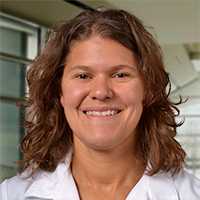AHA Journals, Author Interviews, Heart Disease, Karolinski Institute / 02.04.2019
Hands-Only CPR Increases Bystander Participation and Survival After Cardiac Arrest
MedicalResearch.com Interview with:
Gabriel Riva, Graduate Student
Department of Medicine, Solna (MedS),
Karolinka Institute
MedicalResearch.com: What is the background for this study? What are the main findings?
Response: During the last decade there has been a gradual adoption of compression-only CPR, as an option to conventional CPR with chest compressions and rescue breaths, in international CPR guidelines. The simplified technique is recommended for bystanders who are untrained and in "telephone assisted CPR". One of the reasons was the assumption that more people would actually do CPR with the simplified technique. We could in this nationwide study running over 3 guideline periods demonstrate a 6-fold higher proportion of patients receiving compression-only CPR and a concomitant almost doubled rate of CPR before emergency medical services arrival over time. This very large increase in simplified CPR was surprising to us, especially considering there has never been any public campaigns promoting compression-only CPR in Sweden and training still include compressions and ventilations.
New first aid certified students will go through these updates to ensure the best possible assistance for emergencies.
(more…)





























